TERC Blog
Defining Computational Thinking
Part 2. Understanding Computational Thinking: An Interview with Jodi Asbell-Clarke
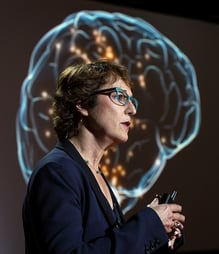
We’re back with more on the ways people at TERC have been defining or at least thinking about computational thinking in education. In this post, we are sharing part of an interview conducted with Jodi Asbell-Clarke. Jodi is the director of the Educational Gaming Environments group (EdGE) at TERC, where for the past five or so years, she has led a variety of projects that address computational thinking in education.
Teon: Thank you for agreeing to talk with us, Jodi. Can you start by telling us a bit about your definition of computational thinking?
Jodi: Thanks for having me.
A paper I co-authored with Val Shute and Chen Sun defines computational thinking as the conceptual foundation required to effectively and efficiently solve replicable and scalable problems. Honestly, however, I don’t think the field is mature enough to have a solid definition yet. Indeed, I don’t know that it’s advantageous for the field to hone in on an exact definition yet. But I think for our work, these four fundamental practices—problem decomposition, pattern recognition, abstraction, and algorithm design—underlie whatever definition of computational thinking emerges in education.

If learners understand how to break down a problem into smaller components, problem decomposition. If they recognize patterns. If they’re able to abstract those patterns into generalizable ideas. And if they can then build algorithms around those ideas, they have the tools they need to be able to do coding, debugging, modeling, and other applications of CT.
Mike: Alright, so one of our main purposes in conducting these interviews was to get at various peoples’ definitions of computational thinking. And now you don’t have one for us!
Actually, though, this isn’t surprising. Conversations around TERC, as well as communications with teachers, suggested that understandings of CT were many and varied, with different projects thinking about CT in different ways. What I’m wondering now is whether you think it’s important to have a clear definition or understanding of CT within a particular project.
Jodi: When we consider computational thinking as a type of problem solving, and if we consider the four fundamental practices as underlying those, then I wouldn’t say you define it for your specific project. However, I do think that every researcher has to operationalize it for their specific context.
So for example, we took a lot of time to look at Zoombinis gameplay, which was not designed for this particular task [of addressing CT practices], but we knew it was in there. We knew those practices were embedded in the problem solving one must do to be successful at Zoombinis. So our task was to operationalize those practices in the context of Zoombinis enough that we could seek evidence of those practices within the game play.
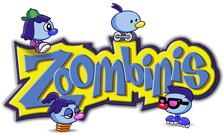 Teon: Ah, Zoombinis. We’ll come back to that in a moment. [And this will be the topic of our next blog post.] Before we move on from the definition of CT, do you have any final thoughts to share.
Teon: Ah, Zoombinis. We’ll come back to that in a moment. [And this will be the topic of our next blog post.] Before we move on from the definition of CT, do you have any final thoughts to share.
Jodi: To me, computational thinking reminds me of where scientific inquiry was several decades ago. We know it’s important. We know it’s happening in schools. We’re not exactly sure what that means, and we’re not exactly sure how to measure it yet.
Key Take Aways
This is just part of our interview with Jodi. More will come in later blogs. For now, the take away from Jodi’s ideas here seems to be that it’s early, and perhaps not necessary, to define computational thinking. The four fundamental computational thinking practices—problem decomposition, pattern recognition, abstraction, and algorithm design—are appropriate to her work and research at the moment.
Navigate to other blog posts in this series here:
- Bonus Article - What is Computational Thinking? Teachers' Understands of Computational Thinking

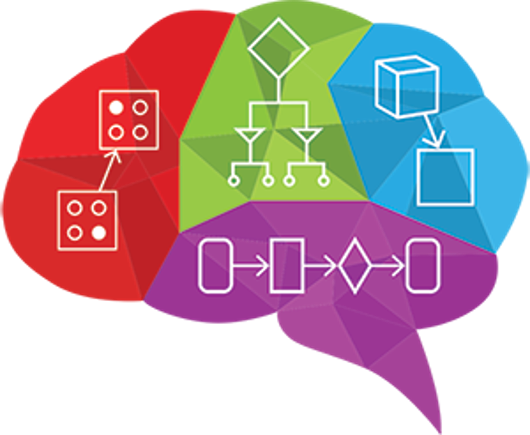





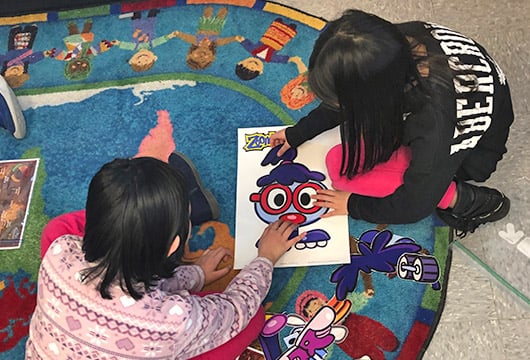
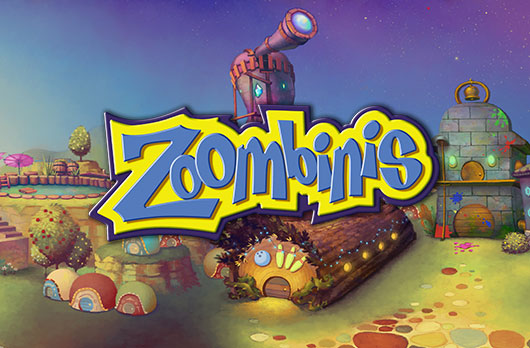
.jpeg)